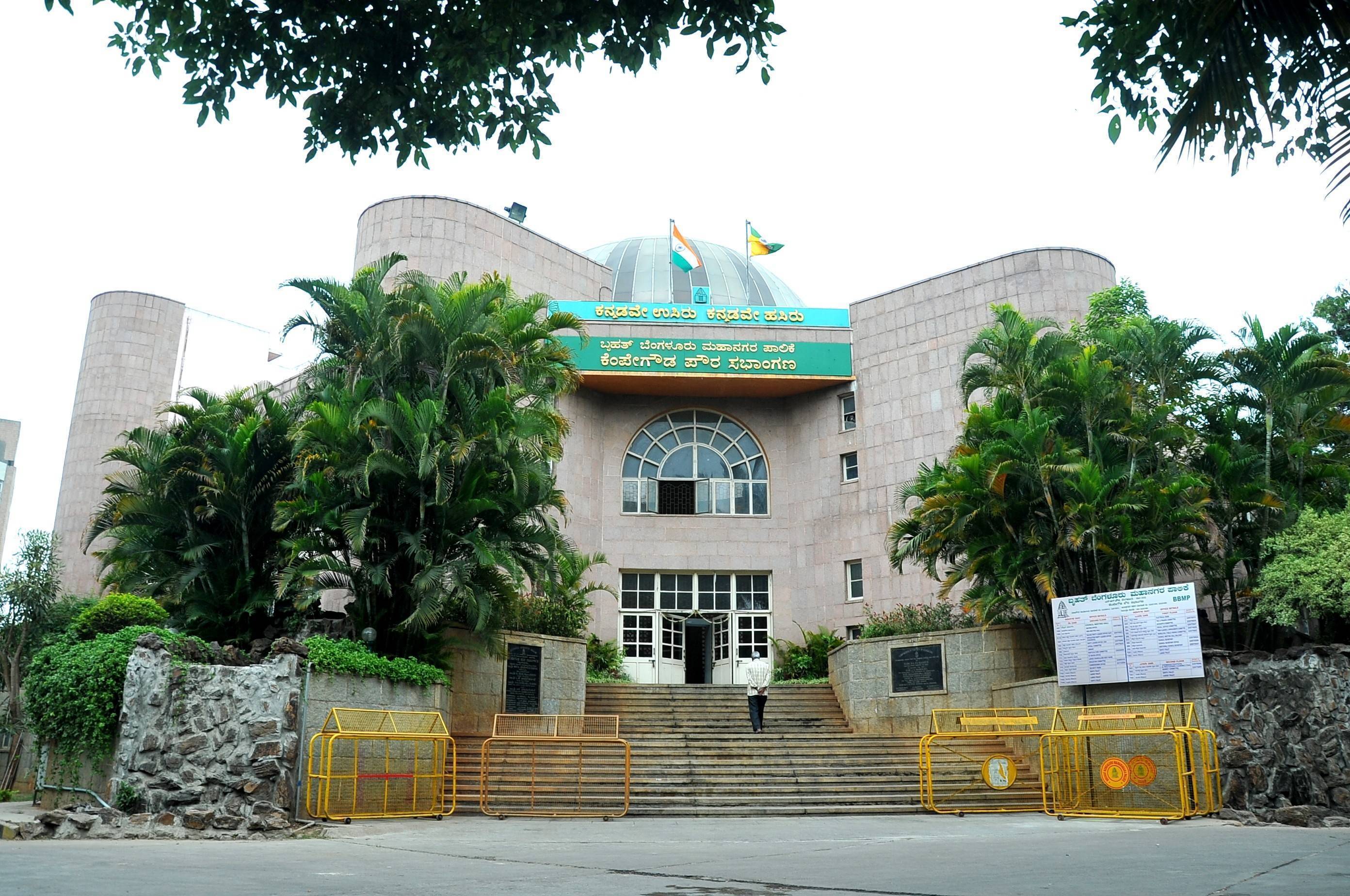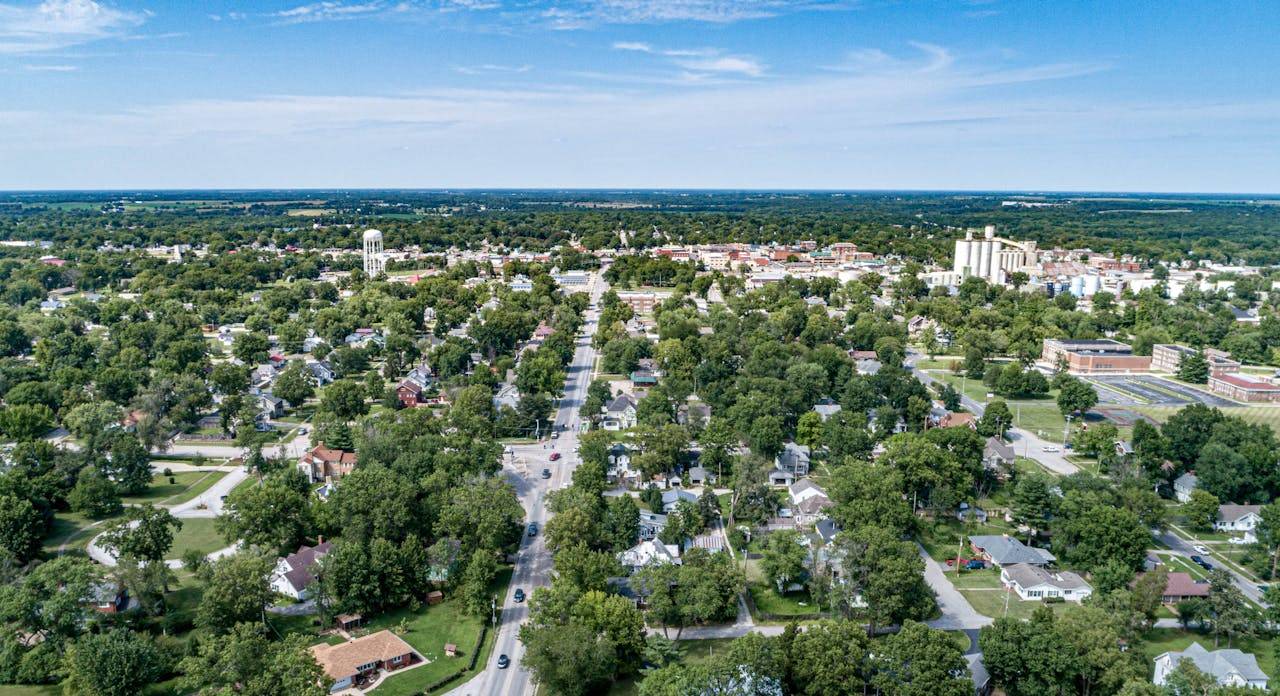The Karnataka government is set to implement the Greater Bengaluru Governance Act (GBGA), 2024, on May 15, a move that marks a major transformation in the city’s civic administration. The GBGA will replace the Bruhat Bengaluru Mahanagara Palike (BBMP) Act of 2021 and introduce a new governance framework aimed at addressing the administrative and infrastructural challenges of a rapidly expanding metropolitan region.
Under this legislation, the existing BBMP structure will be reorganised, allowing for the division of Bengaluru’s civic body into multiple municipal corporations. While the exact number of new corporations has not been officially confirmed, the Act permits the creation of up to seven, each expected to manage a portion of the city more efficiently. This structural shift is intended to bring about greater decentralisation, enabling civic authorities to be more responsive to local needs and ensuring better delivery of services.
Even though the BBMP’s current legal form will be dissolved, a restructured civic body is expected to continue operating under the familiar BBMP name, managing municipal responsibilities throughout the transition period. An administrator will be appointed to supervise the division process, and the present BBMP Commissioner will likely remain in charge until the new administrative framework is fully established. The passage of the GBGA followed a series of events, including concerns raised by Governor Thaawarchand Gehlot in March, which led to the government providing clarifications before the Bill was approved during the state’s Budget session and ultimately received the Governor’s assent in April.
One of the central elements of the new legislation is the creation of the Greater Bengaluru Authority (GBA), a supervisory and coordinating body chaired by Chief Minister Siddaramaiah. This authority will cover the full 709 square kilometre area currently managed by BBMP and will be tasked with overseeing urban planning, large-scale infrastructure projects, and mobility solutions across the Greater Bengaluru region.
The GBGA also places a strong emphasis on strengthening grassroots governance. The legislation seeks to empower local ward committees, making them more autonomous and politically accountable. By granting more power to ward-level bodies and local elected representatives, the state government intends to improve civic engagement, enhance transparency, and ensure that governance becomes more accessible and attuned to the needs of the population.
However, the introduction of the GBGA has not been without controversy. Opposition parties, including the BJP and Janata Dal (Secular), have criticised the Bill and staged walkouts during legislative debates. They argue that the creation of a state-controlled authority like the GBA could undermine the autonomy of urban local bodies and may violate the 74th Constitutional Amendment, which calls for the devolution of powers to municipalities and other local governance institutions.
Despite the political resistance, the Karnataka government is moving ahead with the implementation, citing the need for administrative reform in a city struggling with traffic congestion, water shortages, and overburdened infrastructure. The formal notification of the Act on May 15 will trigger the reorganisation process, including redefining jurisdictional boundaries, reallocating civic staff, and setting up operational mechanisms for the new corporations.
For residents of Bengaluru, this reform could mean more focused governance and faster resolution of civic issues if implemented effectively. However, the success of the GBGA will ultimately depend on the clarity of the transition process, coordination among multiple agencies, and the genuine empowerment of local civic bodies.
Image source- linkedin.com









